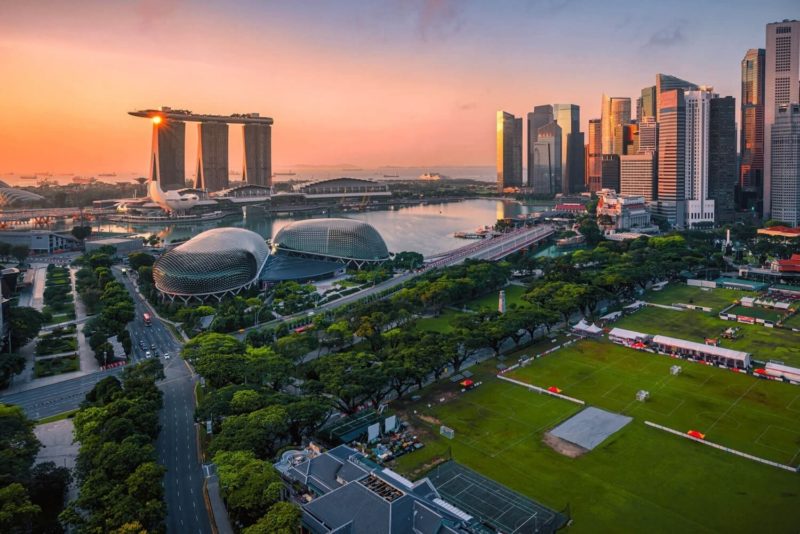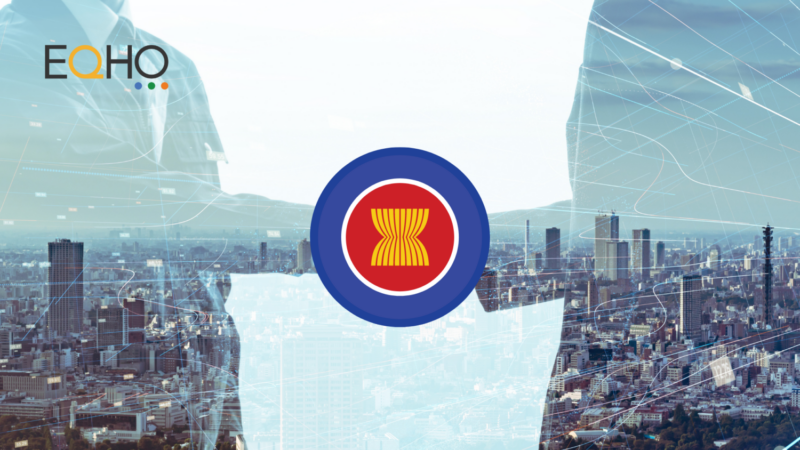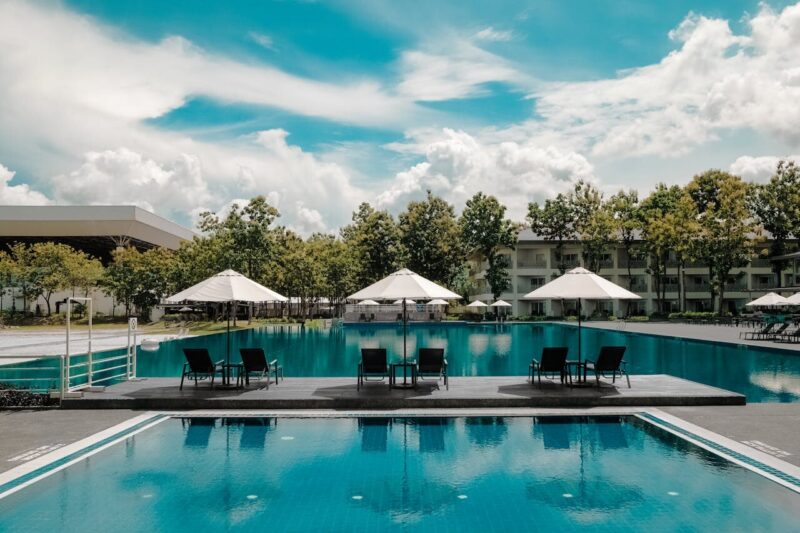The United Arab Emirates (UAE) has become one of the world’s prime destinations for doing business thanks to its position as a portal between east and west and the fact that it has a tax-free economy.
Indeed, it has tax treaties with a number of nations worldwide and so is much sought-after by companies keen to buy or sell to its member states, including Dubai, Abu Dhabi and Doha.
The UAE also has an excellent infrastructure and reputation for achievement in technology, while its retail landscape is like no other – its destination malls are a tourist attraction in themselves.
And speaking of tourism, Abu Dhabi, Doha and Dubai have recently launched multi -million dollar tourism marketing campaigns to attract as many people as possible to its astonishingly luxurious hotels, while Abu Dhabi International Airport has had a major revamp to cater for new traffic from various airlines.
A trend that’s set to continue
Business interest in the UAE shows no sign of slowing down, particularly with a number of big events set to be hosted there on the horizon.
Perhaps the biggest is the Qatar World Cup 2022, but it was also recently announced that the Dubai Chamber has co-launched a new portal designed to help suppliers win deals for Dubai Expo 2020. This is expected to offer opportunities worth $42 billion, with the total value of e-commerce in the UAE likely to rise to $10 billion by 2018 in the meantime.
Ready to deal with the UAE?
Your business may be one of many worldwide that is looking at building new trade links with the UAE’s member states, no matter what industry you are in.
However, have you factored in localization and ensuring your personnel are ready to interact in a suitable way with their counterparts in the Middle East? This is essential, as Dubai, Abu Dhabi et al have some very different customs and traditions to the rest of the world – and accidentally insulting them or failing to adhere to these practices could result in deals being abandoned before they have even got off the ground.
With this in mind, we thought we’d put together a few tips on etiquette in the UAE so you can ensure strong business relationships are built from the very beginning.
Meeting and greeting
First meetings with new contacts are very important and you should use Sheikh for the male in the highest position and Sheikha if they are a female. For everyone else, Sayed is the polite equivalent of Mr, while Sayeda comes instead of Mrs.
Do not be surprised if someone in the Middle East refers to you by Mr or Mrs and then your first name as opposed to your surname, though.
When it comes to handshakes, be prepared for them to last much longer than they would in the western world – only pull away when the other person begins to. However, it is also customary for men to keep hold of other men’s hands and lead them to where they need to go, something that is worth knowing to prevent perplexed looks.
Dressing
This should not come as a surprise in a Muslim part of the world, but you’ll be expected to dress conservatively when doing business in the UAE – nothing at all revealing is acceptable. Both men and women should cover their shoulders, arms and legs, no matter how hot it is outside.
Business interactions
Building strong relationships and trust is very important in the Middle East and so it is important to try to get to know your business contacts by engaging them in conversation before jumping straight in with the discussions you went for.
Always ask about the other person’s family and what their children are doing – but never inquire after the female members of their family, including wives, as this is considered extremely rude.
Generally speaking, people in the UAE have their weekends on Friday and Saturday, so it is not unusual to find people unavailable during office hours on these days (or trying to get in touch with you outside traditional western working times).
You may find meetings in the UAE are louder than in the west, as it is considered normal to allow other people to walk in and begin discussing their own matters as they wish. Similarly, people from the Middle East frequently emphasize their point by raising their voice and gesticulating, which doesn’t mean they’re angry as it might elsewhere.
Finally, when it comes to closing the meeting, have business cards, promotional items and follow-up brochures printed in both English and Arabic, as this is the most polite technique. Services such as translation and localization from EQHO can assist you with this if you don’t happen to have writing in Arabic among your company’s repertoire of talents.
Posted by Etiquette and the UAE – top tips



